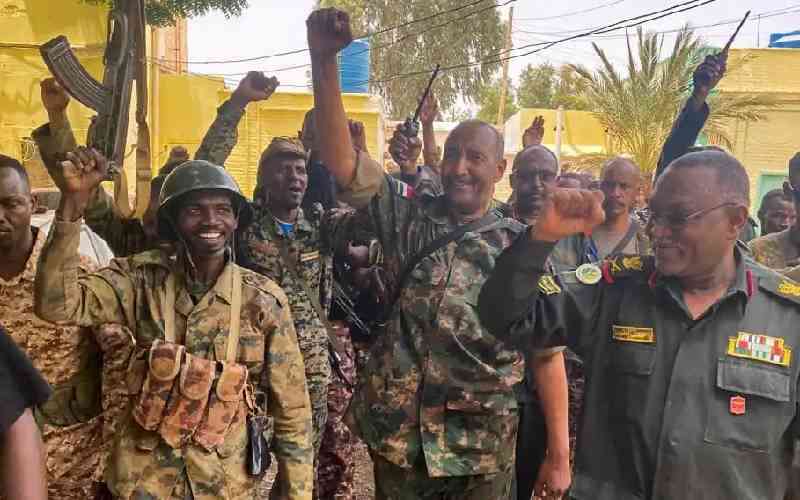×
The Standard e-Paper
Smart Minds Choose Us

Sudan's military Wednesday broke off negotiations with the country's paramilitary forces over extending a cease-fire agreement, accusing their rivals of repeatedly violating the U.S.-Saudi-brokered truce.
Both sides to the six-week-old conflict signed a seven-day cease-fire in the Saudi city of Jeddah on May 20 intended to allow for the delivery of humanitarian assistance. A five- day extension was agreed on May 29.